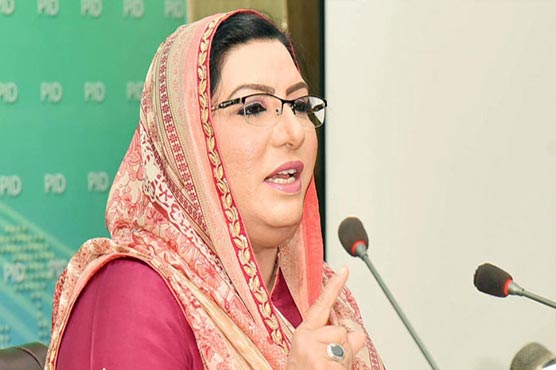The International Court of Justice (ICJ) will announce its verdict in the Kulbhushan Jadhav case on July 17. Foreign Office Spokesperson Dr. Muhammad Faisal said the other day that Pakistan fought the legal battle in Indian spy Kulbhushan Yadav case very well and hoped that the International Court of Justice (ICJ) will issue judgment in Islamabad’s favor. Talking to a private TV channel, the FO spokesperson said Pakistan will accept the court ruling, and consultations will be made with lawyers regarding the procedure of implementation after the verdict. He added that India could not present any evidence regarding Kulbhushan Yadav, he added. Jadhav – a serving commander of the Indian Navy associated with Indian spy agency Research and Analysis Wing – was arrested on March 3, 2016, from Balochistan on charges of espionage and terrorism. In a trial at a military court, Jadhav had confessed his involvement in terrorist plots.
On April 10, 2017, Army Chief General Qamar Javed Bajwa had endorsed the death penalty for Jadhav. In June 2017, the Indian spy had filed a mercy petition against the death penalty, in which he again confessed his involvement in terrorist activities. During the hearing of the case in the international court, India denied Jadhav was a spy and had asked the ICJ to order his release because he was denied consular access and not allowed to choose his own defence lawyer. Attorney General of Pakistan Anwar Mansoor Khan had in turn argued that Jadhav was an Indian spy sent to Balochistan to destabilise the country and therefore not entitled to consular access. He had told the court that “Jadhav ran a network to carry out despicable terrorism and suicide bombing, targeted killing, kidnapping for ransom and targeted operations to create unrest and instability in the country”.
India is a country that sponsors terrorism in other countries and then covers this with blatant lies. Spies and saboteurs like Kulbhushan Jadhav, Sarabjit Singh, Kashmir Singh and Ravindra Kaushik are cases in point. Of course, Pakistan was disintegrated due to intrigues, conspiracy and propaganda unleashed to misguide and provoke people of former East Pakistan, which was admitted by Prime Minister of India Narendra Modi himself. RAW supported Pakistani Sindhi nationalists demanding a separate state. Currently, India supports insurgents in Pakistan’s Balochistan, as well as supports Tehreek Taliban Pakistan (TTP), which had created mayhem in Pakistan killing thousands of innocent people including children of Army Public School Peshawar. It continues its efforts to destabilize neighboring countries. Sri Lanka insurgency was another example of Indian State sponsoring of terrorism where RAW had supported Liberation Tigers of Tamil Elam (LTTE) with arms, logistics and training the insurgents.
India had once nurtured and provided a safe haven to Prabhakaran founder of the LTTE, treating him as a freedom fighter battling oppression of minority Tamils by a majority Sinhalese government. But when he was suspected of assassination of former Indian premier Rajiv Gandhi who in 1987 had ordered Indian troops to disarm the Tigers, and ended up fighting them for 32 months, he was wanted by the Indian government. Since visiting New Delhi in 1987, Prabhakaran was not known to have left Sri Lanka. A journalist Neena Gopal, who had interviewed former PM Rajiv Gandhi moments before he was assassinated in 1991 in her book ‘The Assassination of Rajiv Gandhi’ (Penguin), had revealed Indian penetration in LTTE. She wrote: “An LTTE leader, who was once a deputy to the banned terrorist outfit’s chief Velupillai Prabhakaran, was a RAW agent, recruited as early as 1989.



